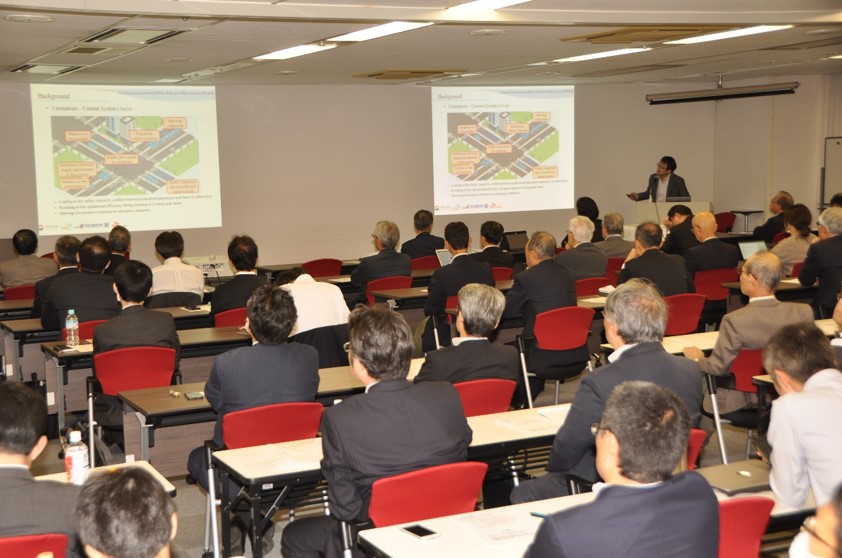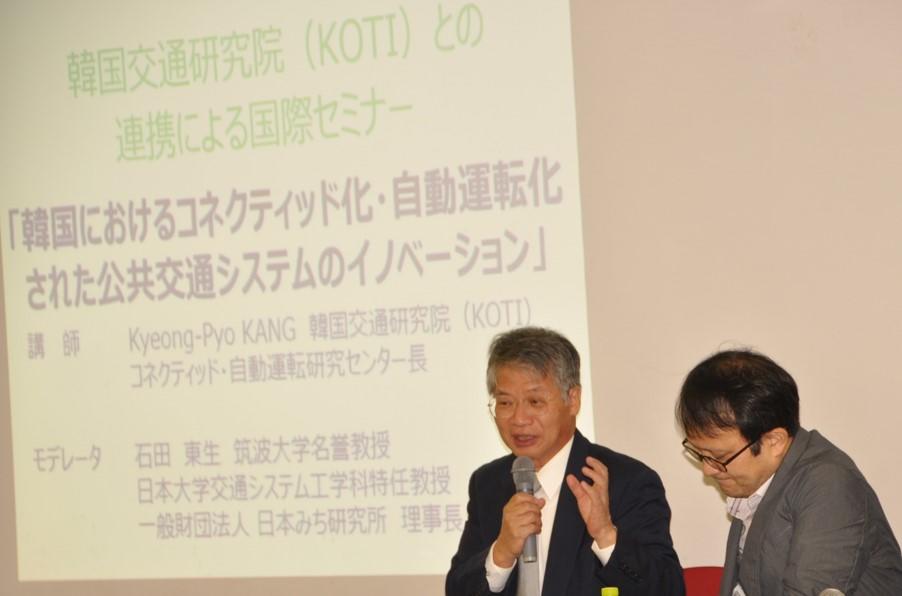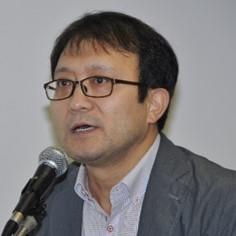Joint International Seminar with KOTI
- International Activities
- Integrated Transport, Arterial Transport, Urban Transport
- Road transport
- New Technology and Innovation
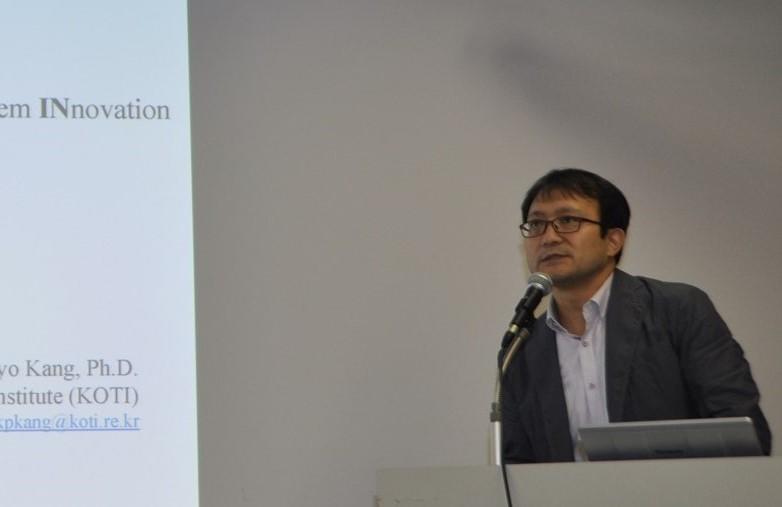

| Date / Time | Fri, Oct 18,2019 10:00~12:00 (Open 9:30) |
|---|---|
| Venue | Japan Transport and Tourism Research Institute (JTTRI) (Tokyo) |
| Theme | “Connected and Automated Public Transport System Innovation in Korea” |
| Lecturer | Kyeong-Pyo KANG Head, Center for Autonomous Driving and Future Vehicles, The Korea Transport Institute (KOTI) |
Event Summary
In recent years, due to the progress of AI, IoT, etc., transportation systems such as automobiles may significantly change the industrial structure such as autonomous driving. Under such circumstances, in Japan, the United States, Europe, etc., technological development and environmental maintenance are underway to realize a safe, secure and eco-friendly new mobility society. In Korea, as a national technology development project (CAPTAIN project), an innovation project for a connected and automated public transportation system is being implemented.
In this seminar, using the opportunity of “The 15th JTTRI-KOTI Joint Seminar” with the Korea Institute of Transportation Research (KOTI) *, which has a research agreement with JTTRI, (Mr. Choong Yoel YE, Vice-Director, KOTI and other three researchers participated in the seminar), from October 16th to October 17th, KOTI researchers gave lectures on the development status of the CAPTAIN project, and discussed issues in technological development and future cooperation between Japan and Korea.
*KOTI is a national research institute established in 1986 as a think tank to support the formulation of transportation policy planning in Korea.
Program of the seminar is as the following
| Opening Remarks |
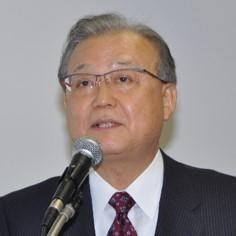
Masafumi Shukuri |
|---|---|
| Lecturer | |
| Moderator |
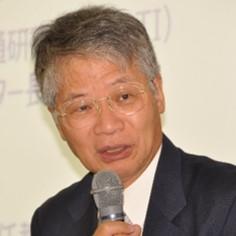
Haruo Ishida Bio (Japanese) |
| Question and Answer |
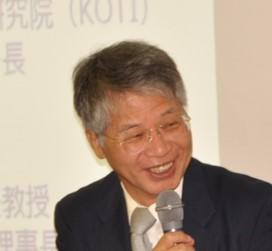 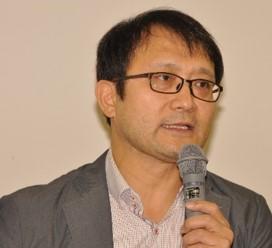
|
| Closing Remarks |
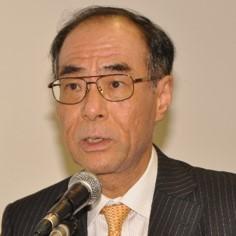
Yoshinobu Sato, |
Outline of the seminar
In this seminar, Mr. Kyeong-Pyo KANG, Head, Center for Autonomous Driving and Future Vehicles, KOTI, introduced an outline of the CAPTAIN project, the development status of autonomous driving systems by connecting to traffic infrastructure and traffic control centers, and the content and concept of future demonstration tests of transportation systems based on autonomous driving.
Also, in developing the technology of this project, he explained that the importance of information sharing and collaboration with the government, local governments and the private sector, the definition of unified autonomous driving among relevant ministries and agencies in Korea (government agencies in charge of transportation, police agencies, etc.) and the need to determine the future direction. Professor Ishida commented the necessity to proceed with development based on new activities and added value brought by movement, not just means of transportation, and develop social acceptability and infrastructure that tends to be delayed in practical application of autonomous driving system, etc. In addition to the necessity, he commented that sharing and cooperation of each technology development project in Japan and Korea will lead to further development and evolution of technology development.
During discussions with participants, there were various opinions and questions, such as the setting of bus routes and bus stop positions and the sharing of responsibility in case of a traffic accident. On the day, there were about 70 participants from research institutions such as universities, Ministry of Land, Infrastructure, Transport and Tourism, local governments, railway companies, other transportation companeis, consultants, general contractors, etc., and it was a meaningful seminar.
